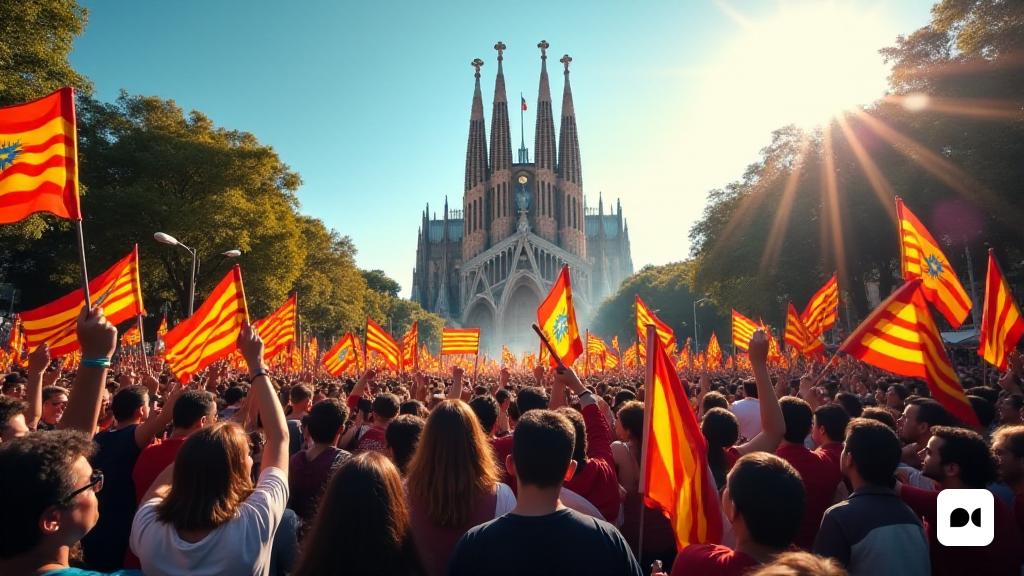A past marked by discontent
The relationship between Catalonia and Spain has been a path of tension and misunderstandings that extends throughout history. In 2005, the reform of the Catalan Statute was an attempt to respond to the demands of respect and recognition, but its partial annulment by the Constitutional Court, at the request of the PP, intensified the frustrations. With the denial of dialogue, the Catalans mobilized in mass, claiming a fair and equitable treatment.
The origins of proactive nationalism
The history of Catalanism has prominent figures such as Dr. Carles Cardó, who at the beginning of the 20th century advocated a plural and diverse Spain model. Cardó believed in the need to build a society that recognized the various national identities, an ideal that resonates with the contemporary aspirations of Catalonia. The bases of Manresa and the creation of the Commonwealth were significant steps towards autonomy, with results that improved infrastructure and education in Catalonia.
The impact of historical injustices
However, this progression was interrupted by the repression of Primo de Rivera, who dismantled the Commonwealth. The Franco dictatorship was a new stage of violence and death, with devastating repercussions for Catalan society. Catalonia, with its own language and culture, has been seen as a threat to a state that has tried to uniformize its various identities.
Current inequality and consequences
The present is no less problematic. The perception of Catalonia as an entrepreneurial people has generated tensions with a central government that often ignores their needs. Operation Catalonia, a plan designed to silence critical voices, has left a mark on Spanish politics, with accusations of corruption that have affected elections and public confidence.
Systematic manipulations and inequalities
The lack of investment in public services and the growing presence of Spanish in the educational and administrative fields are signs of a policy that marginalizes Catalonia. The media campaign against prominent Catalan figures has affected popular support, and responses to allegations often seem to be designed to divert the attention of true injustices.
Reflections on the future of Catalan relationships
Despite the challenges, the feeling of identity and the desire to fight for justice persist among the Catalans. New generations seek a future where their aspirations are respected and where diversity is celebrated, not repressed. Creating an inclusive government is a step, but everyday realities still need urgent care. The tensions between Catalonia and Spain will continue until there is no true recognition of their differences and needs.

